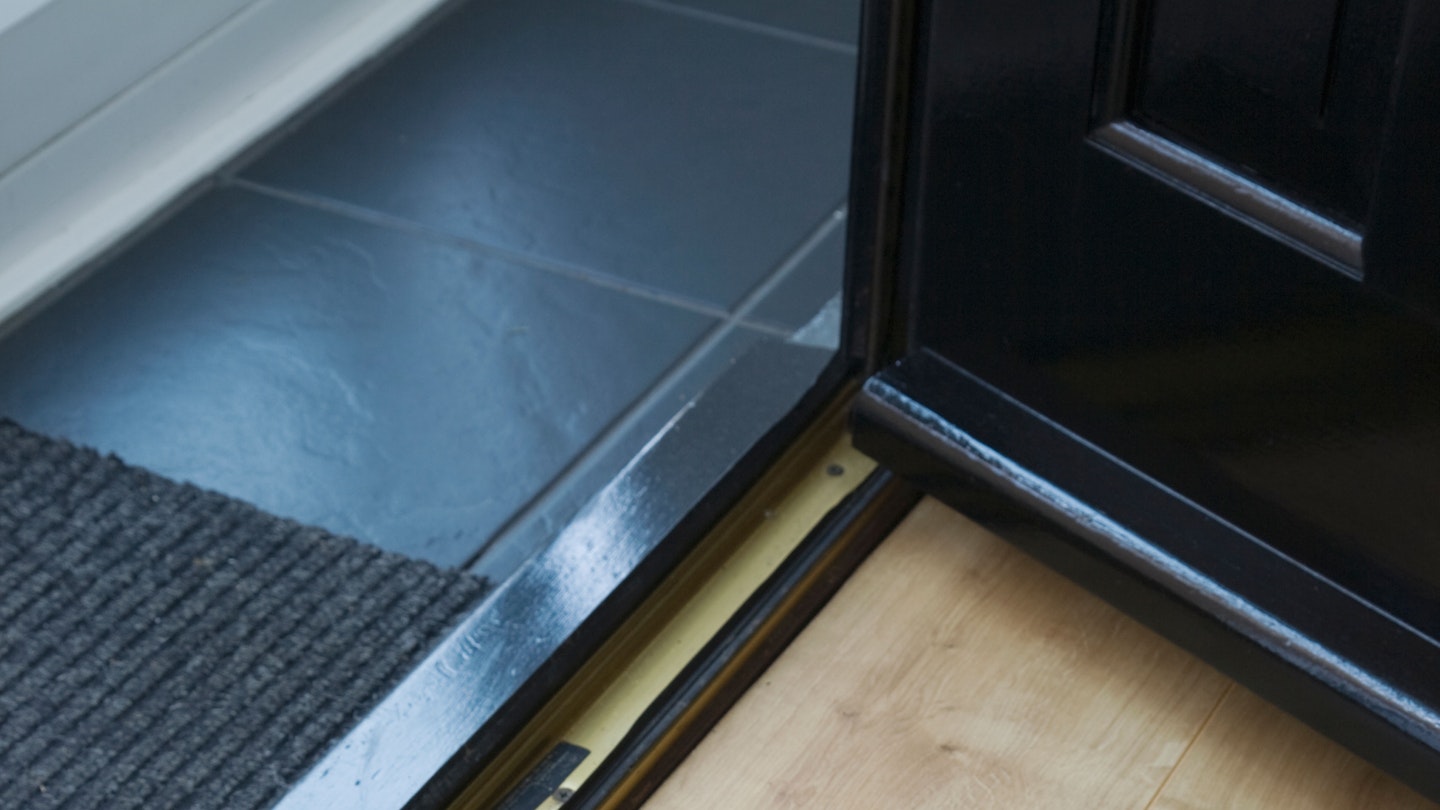She may be a four-time Olympic athlete, but you would think that when heavily pregnant even Jo Pavey would take it a little easy. Apparently not…
There’s loads of debate around which exercises are safe in pregnancy and how long you should keep your work out regime going for. And long distance runner Jo Pavey, 40, managed to keep running until three weeks before she gave birth to her second baby.
The athlete wasn’t able to run when pregnant with her first child, son Jacob, due to health reasons, but she more than made up for it when pregnant with her daughter Emily.
‘I was sensible and only ran for a maximum of 40 minutes as soon as I realised I was pregnant and 30 minutes nearer the end,’ Jo revealed to the Metro.
While Jo’s pregnancy exercise routine worked for her, she realises that it’s because she is a professional runner and wouldn’t recommend it to pregnant women who don’t normally run.
‘I only ran at an easy rate and wore a heart rate monitor. Women can run in pregnancy if they take the right precautions but it’s not the time to start if you weren’t a runner before,’ she says.
However there are lots of exercises that you can do to keep fit throughout your pregnancy. Yoga is ideal. It’s gentle, relaxing and will help you control your breathing – perfect for when you’re in labour. If you’re a water baby, keep up your swimming as it’s a great way to exercise and will make you feel weightless – which is always welcomed when you are rocking a huge bump all day every day.
What was your exercise of choice during your pregnancy? Let us know below.
